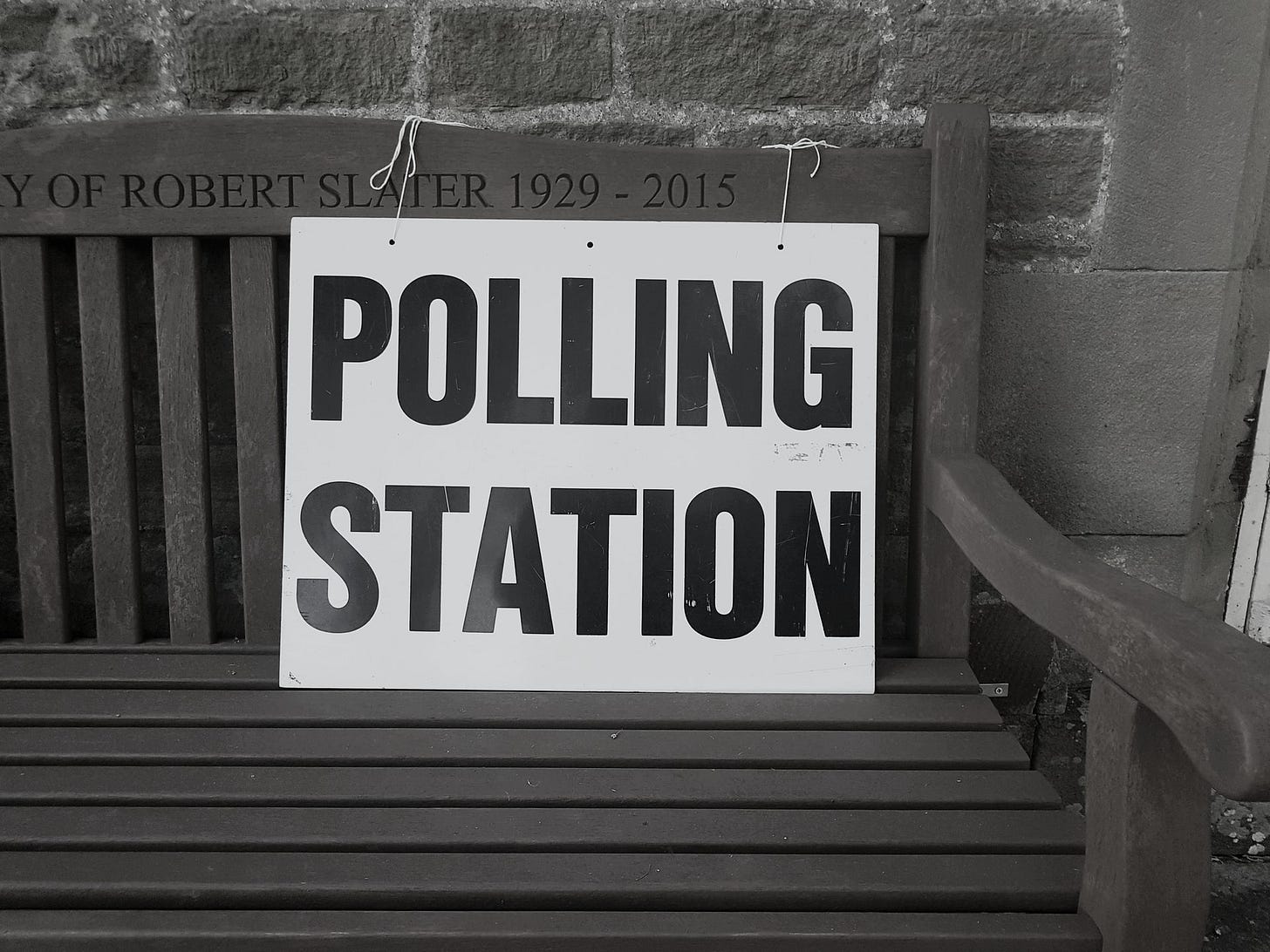Electoral reform is going the wrong way
Those changing election rules barely seem to be pretending it's for the greater good
It is a hard law of politics that those who write the rules by which it is conducted tend to have won the last squabble. This is true of revolutionaries, civil war victors, and uncivil war victors. And it’s true of election winners too.
Like their counterparts in America, British Conservatives have lately been accused of disenfranchising minorities by proposing requirements for voters to show ID before they can cast a ballot. Such plans look like solutions in search of a problem, namely substantial evidence of voter fraud.
The British government also wants to use first-past-the-post to decide mayoral elections across England, as well as votes for police commissioners. And lest leftwing parties feel left out, Keir Starmer has just overhauled Labour’s governance to entrench his wing of the party at the expense of the hard left.

It is not cynical to think that personal advantage motivates these reforms. Labour’s previous rules made it easier for a fringe MP to contest the leadership election, and made sitting MPs vulnerable to deselection attempts by unhappy activists. Shadow cabinet ministers have indicated to various journalists that they wanted to block Jeremy Corbyn’s followers from power. This has now been achieved.
The Conservative reforms will likewise hamper Labour mayors. Following Ukip’s collapse the right has consolidated under the Tories, but the left remains split. First-past-the-post would make it likelier that a Conservative could become London mayor while hostile voters split between Labour, the Greens and the Liberal Democrats. Similar patterns could be seen in other cities.
So what’s the defence? The government notes that over 100,000 ballots were discounted at the last London mayoral election due to errors in being filled in. Such concerns are important, but as the system works fine in other places, one can only conclude our problems are fixable without dumping a system that better reflects voter preferences.
Labour’s reforms at least have the justification that they strengthen the link between MPs and the leader in parliament. Corbyn’s ability to defy a vote of no confidence in 2016 was ridiculous, and ensuring at least a fifth of MPs back the leader during the leadership election somewhat addresses this. (Although there remains no counterpart to the Tory’s 1922 committee, which can trigger a new leadership contest.)
It is often justifiably claimed that the public doesn’t have much interest in the specifics of election rules and party politics. Agnes Tolmie of the Unite union told the BBC, “Most people out there do not understand [the plans] and are not interested in them. They want to know what we are doing for them.”
Probably true, but it is a bizarre defence of any reform that people don’t care either way. While political parties remain largely private organisations, their centrality in how our democracy functions makes them a public concern.
In defiance of this point, this week the Guardian published a perplexing piece urging Labour not to back proportional representation for House of Commons elections. Academic Richard Johnson passed over the governance arguments, writing that “there is a more immediate reason why Labour should not support [proportional representation]: it would be electorally catastrophic for the party.”
Such self-interest is rarely admitted to in political discussions; we expect people to advocate for the public good rather than the private interest.
And given that these reforms lock disorganised people out of voting, smaller parties out of elections, and Corbynites out of Labour, private interests have had a good week. British democracy is being made smaller, to the benefit of those already running it.



